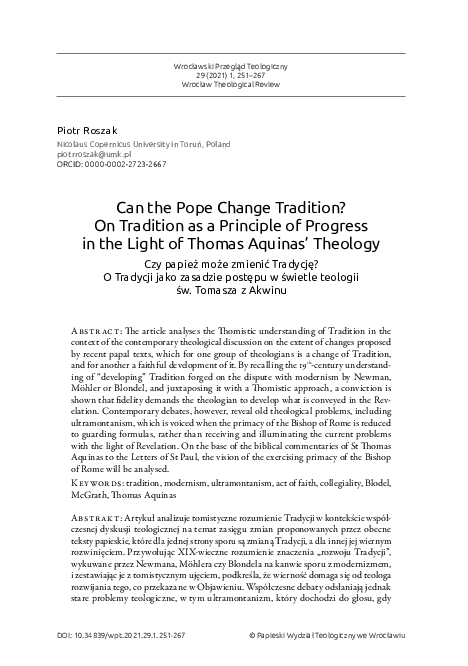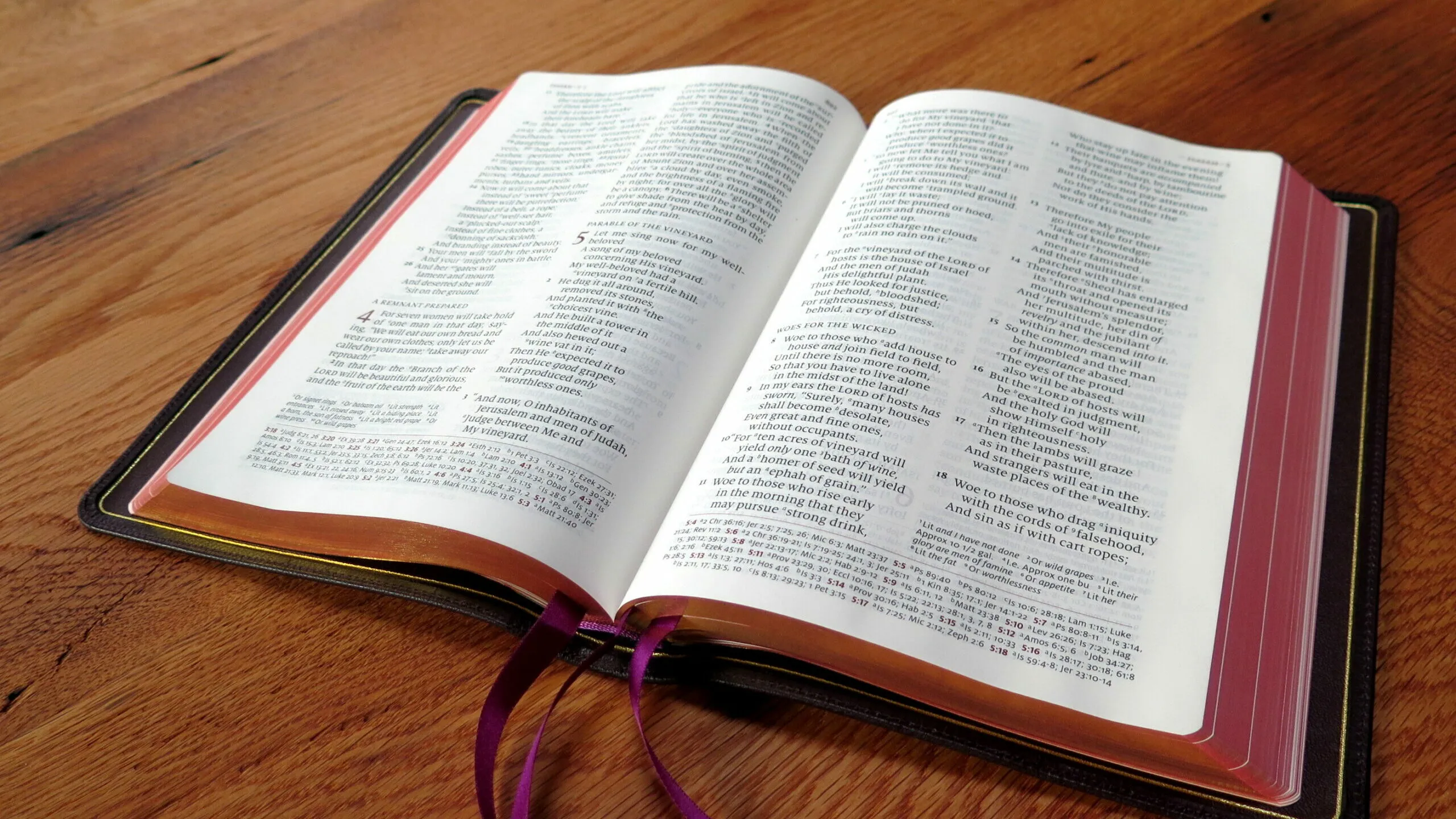I’ve recently decided to take a break from blogging the Bible in favour of a bigger focus on Judaism itself. And the first book to warrant a look-see is the Kitzur Shulchan Aruch. However, before I delve into it, it was worth making an introductory post about the book in general as well as its context amongst the history of religious control over who gets to read what.
As many people would know, before the Reformation, the Catholic Church controlled the distribution and readership of the Bible. There was an official Latin translation (I believe Jerome’s original Vulgate) and that was about it. The hoi polloi did not speak any Latin, hence the Bible was inaccessible to them, except through a Catholic priest. And of course, it was not allowed to simply translate the Bible into a vernacular language. What some people might not be aware of is the extent to which church authorities riled against this. The first translation of the Bible into English was done by William Tyndale, who was burnt at the stake for this heinous bit of heresy. And of course, the issue was a key contributing factor in the Reformation. So all in all, serious stuff.

The most cynical view is that this was just to make it easier to brainwash people so that they would have to have the Church as intermediary. And so they don’t see how little the Bible supports various Catholic institutions (or in my opinion even the wider concepts of Christianity or theism). On the other side we have the view that they were keen to protect a scripture that they thought was liable to be misinterpreted by the ordinary people, who they thought were stupid and liable to err. If you believe that a semi-educated person allowed to rummage through the Bible without priestly guidance is liable to heresy and hence eternal damnation, you’d feel pretty justified in keeping said tome from him or her.
I think the reasons for this were complex and probably included all of the reasons above, as well as some others. The reason I’m not throwing the non-cynical interpretation out is that I can see its plausibility. If I was a Catholic priest I would definitely be concerned about how ordinary people who weren’t armed with the Church’s traditional (“received”) interpretation would see much of the Bible. I’d also be genuinely concerned with the “dumbing down” of discourse this might lead to. I would be worried that people would take seriously the plain meaning of the account of creation which would make them lose their faith once they found out how scientifically ridiculous it was. Note that the Church has had non-literal interpretations as early as Augustine (amongst others) — see this list.

But of course some of it might just be the subconscious desire not to give people free access to a book that contains child sacrifice, a bridal present of 200 foreskins, a description of YHWH as a “man of war” which flies in the face of “sophisticated” theology and a whole lot of crazy stuff I’ve posted about.
Either way, I think the opening of the scriptures to the public was one of the major factors in the Church’s slow decline in public influence over the last centuries — Protestant literalism notwithstanding. Once you lay the cards on the table, some may become a lot crazier than the Catholic church (eg. insisting on a 6 day creation), but at least those who are more skeptical have the words in front of them to raise an eyebrow at. Tomorrow, I’ll look at two parallels in Judaism as my introduction to the Kitzur Shulchan Aruch.





0 Comments